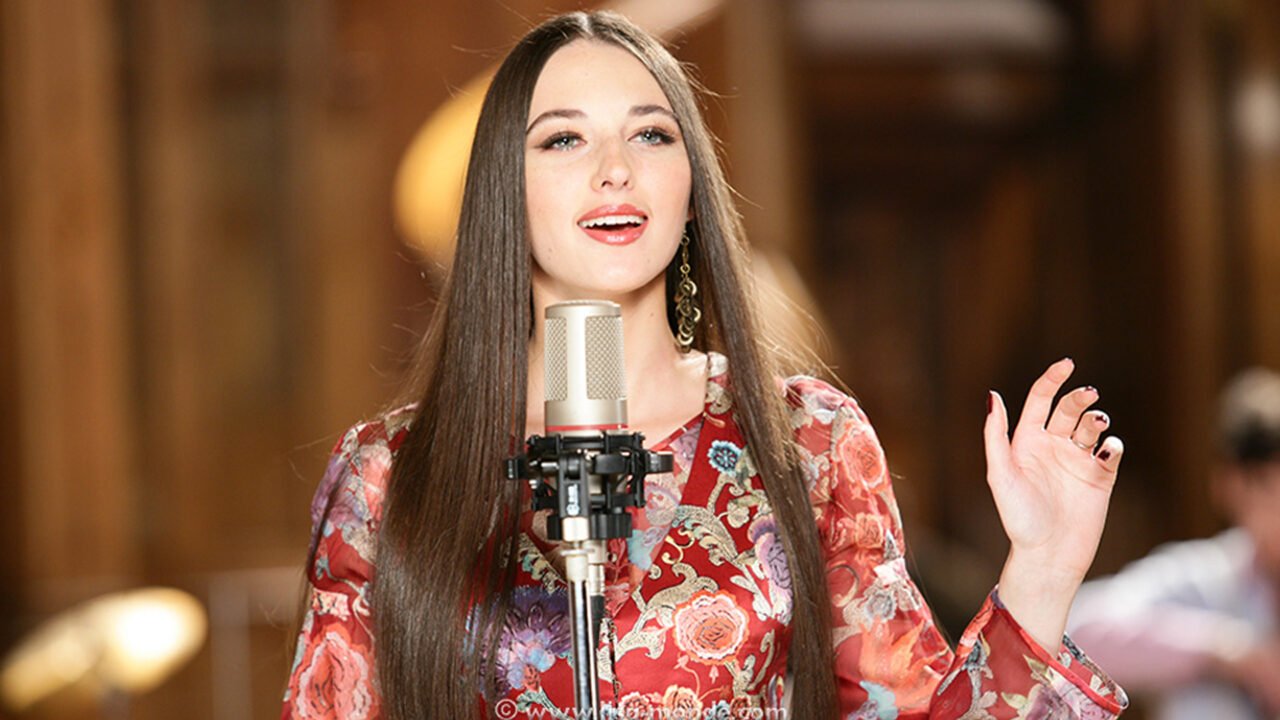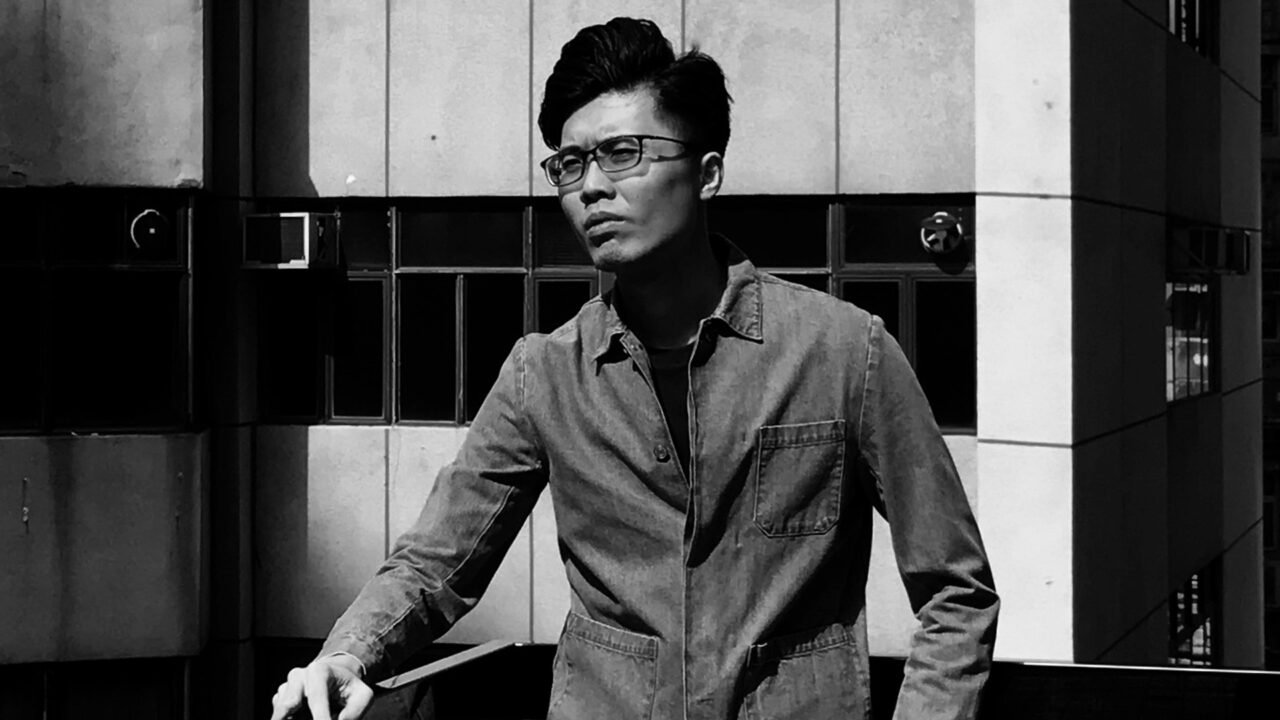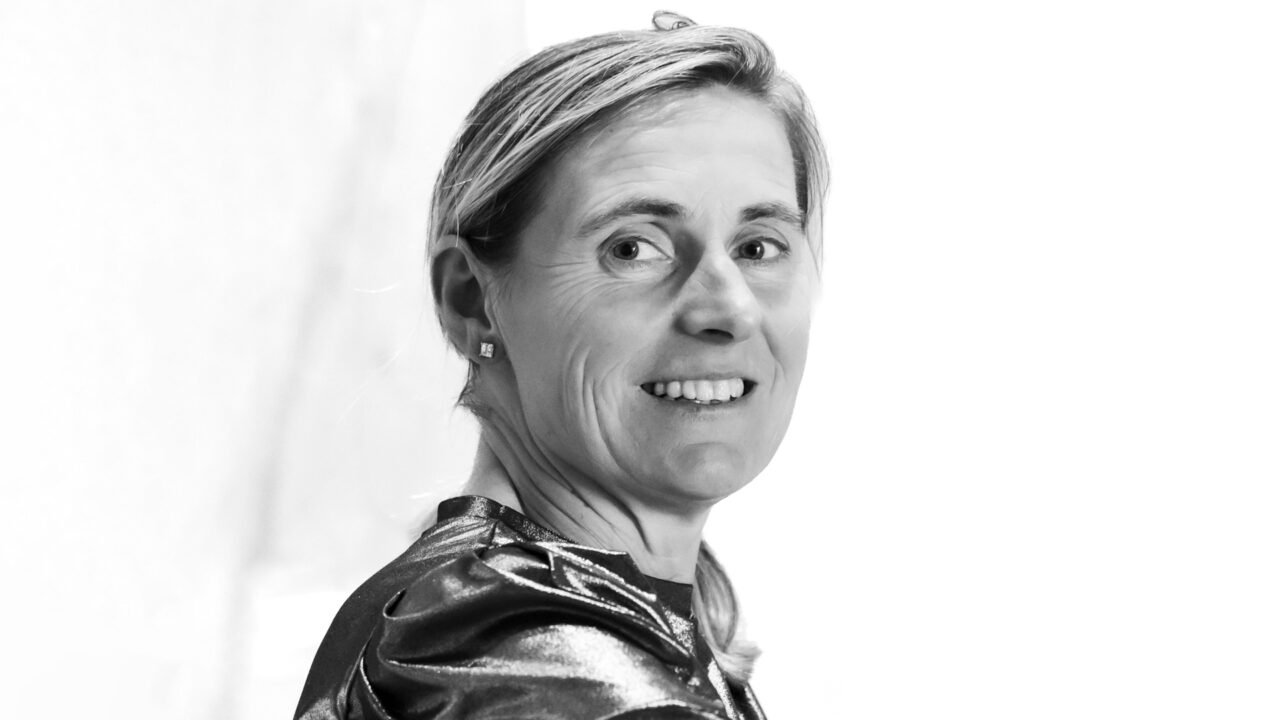1Congratulations on winning the French Design Awards! Can you introduce yourself and share about what inspired you to pursue design as a career?
Thank you! I'm a landscape designer based in LA. I’ve always been a curious and observant person. I think that curiosity, along with an early love for traditional Chinese painting, really shaped how I see the world. I was fascinated by how design could turn abstract ideas into something people can actually experience—so I naturally found my way into this field.
2What does being recognised in the French Design Awards mean to you?
It means a lot. It’s not just a recognition of one project, but a reminder to pause and reflect on my journey so far. It also encourages me to keep pushing forward and exploring new ideas.
3How has this achievement impacted your career, team, or agency, and what opportunities has it brought so far?
Definitely. Seeing the amazing work from other winners gave me fresh perspectives on how people approach design across cultures and disciplines. It’s also helped me connect with others in the design community, which I really value.
4What role does experimentation play in your creative process? Can you share an example?
Experimentation is at the heart of what I do. Whether it’s testing materials, rethinking spatial strategies, or even questioning site data, I see design as a space for curiosity and iteration. In my awarded project Back on Rail, for example, I went deep into site research—sampling soil and water, reviewing environmental reports, and testing how remediation methods could shape the landscape itself.
5What's the most unusual source of inspiration you've ever drawn from for a project?
Dreams and memories, for sure. One recurring childhood dream—wandering through a constantly shifting landscape—actually inspired a project. That surreal, fluid feeling became the basis for a design that used layers, light, and unexpected perspectives to evoke movement and memory.
6What’s one thing you wish more people understood about the design process?
That it’s all about solving problems. I see it more as staying curious, being playful, and trusting the process. The best ideas don’t always come from logic—they come from surprise.
7How do you navigate the balance between meeting client expectations and staying true to your ideas?
I try to find common ground by designing with meaning—creating work that speaks to both the client’s needs and the deeper story the space wants to tell.
8What were the challenges you faced while working on your award-winning design, and how did you overcome them?
At first, I struggled to find a clear concept. I felt stuck and unsure. But through trial and error—and a lot of patience—I found the direction. It reminded me that clarity comes through doing, not waiting.
9How do you recharge your creativity when you hit a creative block?
Nature and art help a lot. I love spending time in botanical gardens or getting lost in a good book or movie. These little breaks refresh my mind and open up new ways of thinking.
10What personal values or experiences do you infuse into your designs?
Absolutely. I believe design should respect what already exists—whether it’s natural systems or cultural context—but also imagine new possibilities. It’s about evolution, not disruption.
11What is an advice that you would you give to aspiring designers aiming for success?
Stay curious, trust your instincts, and don’t be afraid to try something weird. That’s often where the magic happens.
12If you could collaborate with any designer, past or present, who would it be and why?
Someone in stage design! I’ve always loved theatre and how it blends space with storytelling. I think it would be such an exciting way to expand my creative boundaries.
13What's one question you wish people would ask you about your work, and what's your answer?
I don’t mind what people ask—as long as they feel something when they see the work. That emotional connection matters more than any specific question.








